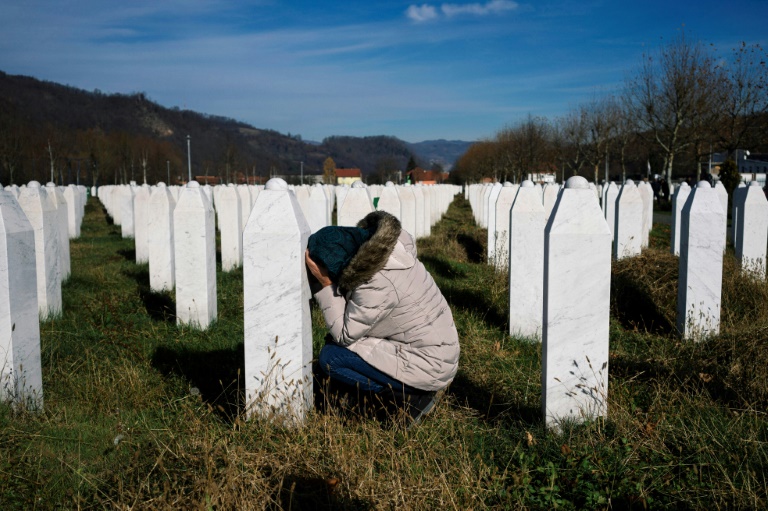England overcome poor conditions to grab 2-1 series win over Proteas
It has heard more than 4,650 witnesses tell their stories. Its judges have sat for more than 10,800 days and read some 2.8 million pages of transcripts.
And now after 24 years with 161 people indicted — all of whom have had their cases dealt with, the ICTY is shutting its doors.
“Beyond these numbers, the tribunal gave a voice to victims,” UN Secretary-General Antonio Guterres told a closing ceremony in the imposing Hall of Knights in the centre of The Hague.
For the court’s last registrar, John Hocking: “After the ICTY, justice is no longer a question of if. It is a question of when and how.”
“The ICTY set the bar, and now let us raise it higher,” he said, pointing to continuing suffering such as the atrocities being committed against the Rohingya in Myanmar.
Established by a UN resolution in 1993 at the height of the inter-ethnic fighting, the ICTY was the first international war crimes tribunal set up since the Nuremberg trials after WWII.
It painstakingly gathered the evidence to put former Serbian president Slobodan Milosevic on trial. However he died in his cell in The Hague in 2006 before judgement could be handed down.
In many ways, the court helped write the history of the conflicts, establishing the facts of what happened on the ground amid the death throes of Yugoslavia as fell apart after the collapse of communism.

A woman cries over a relative’s grave at the memorial centre of Potocari near Srebrenica
And some of the biggest names of the 1991-1995 Balkans conflicts who once rained terror on the region — Radovan Karadzic, Ratko Mladic dubbed the Butcher of Bosnia, Zdravko Tolimir — have been tried and handed long prison terms for crimes including the Srebrenica genocide in 1995.
Ninety people, including top politicians and military leaders who devised cruel, inhumane schemes to carve the disintegrating country up along ethnic lines have been sentenced — some to life in prison.
Nineteen were acquitted, 13 had their cases referred back to domestic courts, and 37 others either died or had their cases withdrawn.
But the ICTY is closing under a cloud.
In its final judgement on November 29, former Bosnian Croat military commander Slobodan Praljak, 72, committed suicide swallowing cyanide as his 20-year term for war crimes against Bosnian Muslims was upheld.
It was a shocking illustration of how the court’s work has been bedevilled by lingering tensions in the region, where many continue to question its authority.
Download our app and read this and other great stories on the move. Available for Android and iOS.